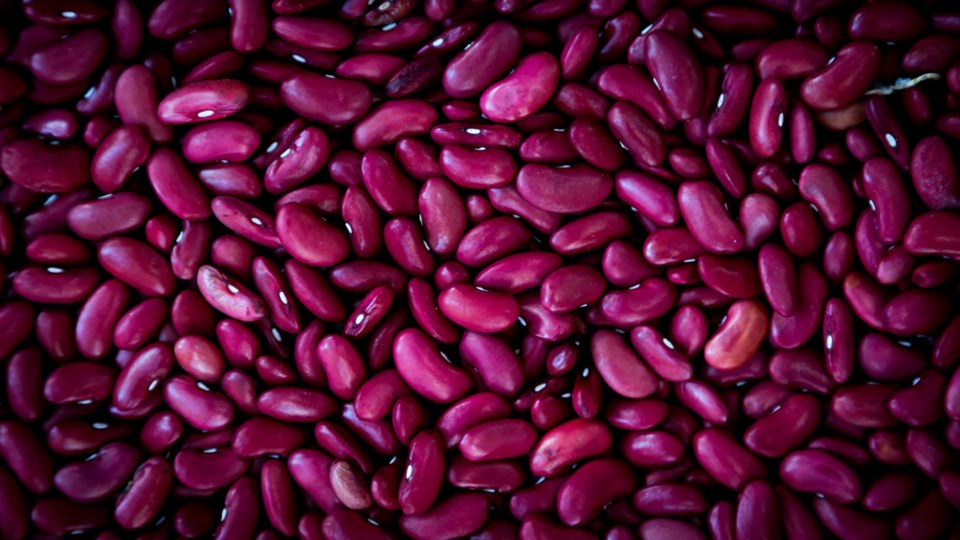THUNDER BAY — Anyone who enjoys a hot, spicy lunch on a chilly winter afternoon probably likes kidney beans or at least is willing to tolerate them if the chili is good.
It would be a bonus if the red beans in the chili were locally grown. But that's unlikely to be the case in the Thunder Bay area, a local expert says.
There is currently no viable option to bring kidney beans to market from Thunder Bay on a commercial basis, and even if local farmers grew them, they wouldn't feed them to their cows.
Tarlok Singh Sahota, who directs Lakehead University's agriculture research station just west of Thunder Bay, says beans and other raw legumes can be bad for farm cattle since they "reduce intake or the animal's ability to digest feed, reducing growth and production."
That said, kidney beans can be grown with success in the Thunder Bay farm belt.
"We have more than 15 years of data for successful kidney bean production in Thunder Bay," Singh Sahota said.
Local kidney bean sales might work on a small scale, with producers selling them in packets of up to two kilograms, Singh Sahota suggested.
An entrepreneur may well choose to do that on the basis of recent dry-bean research at the University of Guelph in southern Ontario.
The university was last week touting the Dynasty dark-red kidney bean, a legume variety that was developed at its dry-bean breeding program about 20 years ago.
The Dynasty has now been recognized "for its high yield, disease resistance and adaptability (and) has become a leading choice for growers in Ontario and North America," the university said in a news release.
The variety "was developed from four parent plants as part of a crossing scheme designed to introduce greater genetic diversity into the breeding pool by producing all possible combinations of eight parents," the release said.
Farmers who grew the bean saw crop yields increase by 15 per cent, "far above the typical one or two per cent annual improvement."
University of Guelph researchers are currently developing another bean expected to grow well in areas like Northwestern Ontario, which have shorter and cooler growing seasons, the news release said.
The Chronicle Journal / Local Journalism Initiative
